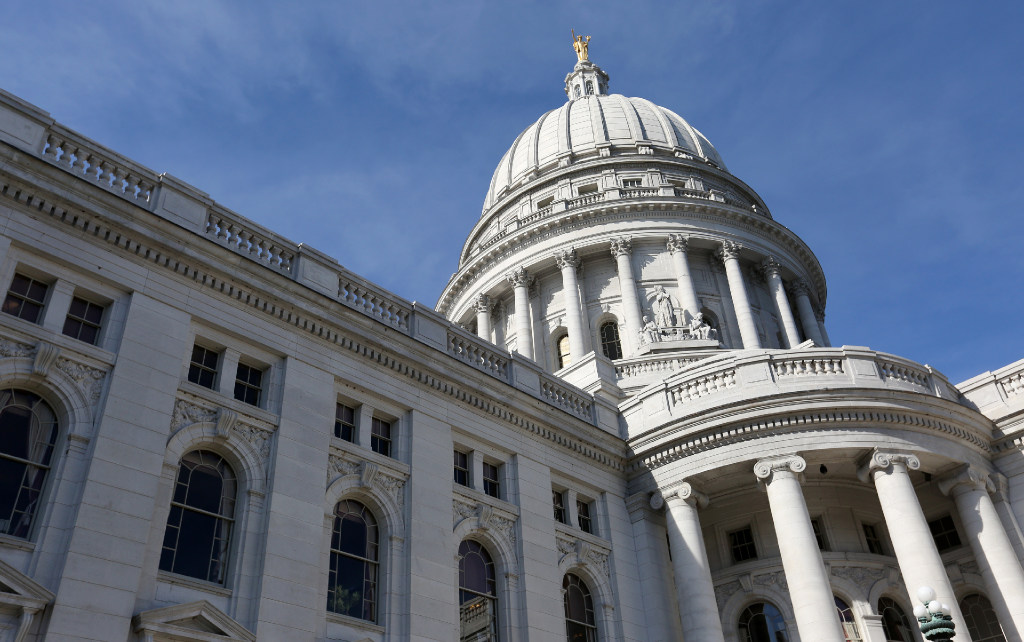Senate Democrats sought unsuccessfully to get the Senate to sign off on extending bar hours to 4 a.m. during the party's national convention in Milwaukee this summer.
An Assembly committee signed off on the proposal last week. But Senate Majority Leader Scott Fitzgerald, R-Juneau, indicated Wednesday that momentum for the proposal was fading in his caucus.
Dems on Wednesday tried to amend legislat...
Please log in to access subscriber content.
If you don't have a subscription, please contact schmies@wispolitics.com for subscription options on the WisPolitics-State Affairs platform, which is the new home for WisPolitics subscriber products.


